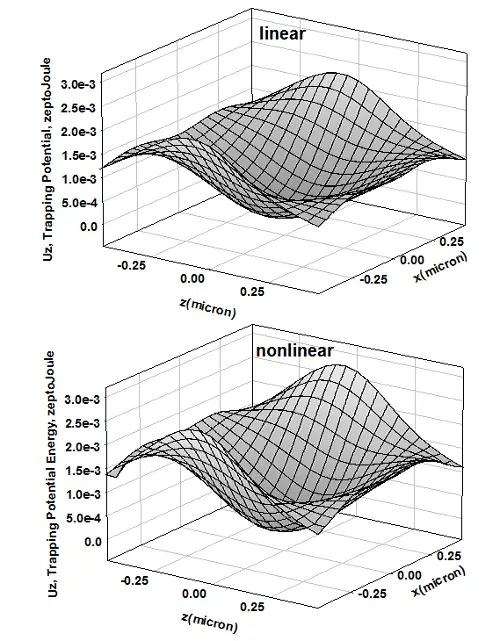I occasionally read posts around here that mention severely autistic family members and such. People who are non verbal, can not perform basic functions like show any understanding of numbers for example. Individuals completely unable to take care of themselves without help...
Where I lose the plot is, I don't understand the difference between these types of conditions and what I would think of mental retardation, in the classical sense of having very limited intelligence. A severe autistic would have to demonstrate that their intelligence is not impacted I would have to imagine? How can a person tell if the individual can not communicate or really show anything much in the way of development?
I am often bothered when people think of aspies or autistics as "retarded." However when we are talking about really severe cases I have to say I really don't grasp it.
For our five year old son Dylan, he is a "unique" case of Autism. Although he is nonverbal other than an occasional very rare word, number or letter, he mostly makes other sounds, like parts of words in an occasional attempt at such communication. And he cannot follow any direction but is in a zone to do what he wants and when he wants. He has both Autistic routine needs or else meltdowns occur, and severe sensory sensitivities and he also has severe hyperactive issues.
But, Dylan can understand much we feel, as seen how he navigates his IPad and performs tasks there, and he has problem solving abilities as seen there and in things around the home. And he does not look or act to have any condition from the surface, in terms of facial features, or unique mannerisms, other than a rare hand flapping or spinning himself. He has a normal range of expressing emotions, like crying for sadness, screeching and grimace expressions for frustration or anger, and giggling and laughing for happiness and silliness.
If anything Dylan seems less rigid and serious, and less quirky and more expressive in other ways, and looks less Autistic in terms of mannerisms, posture and how he expresses, than his high functioning Autistic brother Aaron, who is eight years old and can do everything at high level, but with Aaron having severer routine issues and some Autistic quirks.. But, Dylan is very delayed in terms of those other mentioned things in terms of verbal communication, following any directions, and doing any task for himself. We have to do everything for him, otherwise his personal needs will not get done.
So, we do not believe Dylan has "severe" Autism, as we have seen very low functioning Autistic children whereby they may seem more mentally challenged, with severer delays, have many delayed classic or fragile x features or have severe other limitations or behavioral issues, but instead he is a happy go lucky and carefree kid. If someone saw Dylan they would just think he was a one and a half year old instead of five, as he looks very small and young, but not different otherwise. In no way did supposed numerous medical professionals even pick up on the Autism, even after we parents told them we suspected it despite all the mentioned, from our minute-by-minute analysis.
It was only after Dylan turned age four after we showed several video clips to an Autism medical specialist of him hand flapping in the wind, keep running off without stopping, spinning himself, lining up and inspecting parts of things, covering his ears for slight sounds, etc. did that new doctor diagnose Autism, and after he observed Dylan refusing to get out of his stroller because of the new environment, and unable to follow any of his directions. Instead, Dylan just was in a zone to navigate quickly his IPad, often repetitively going back to the same program. He did show good memory and cognitive skills on those app programs.
